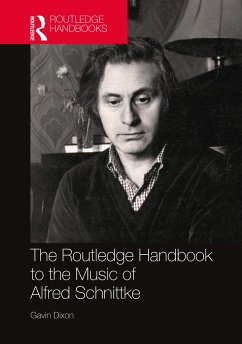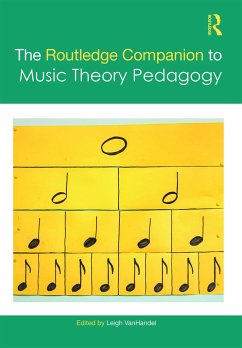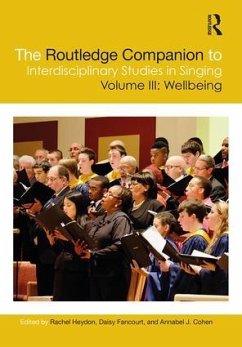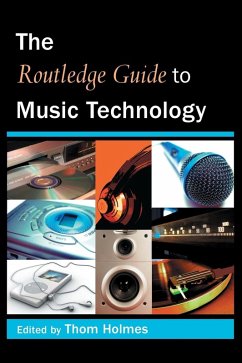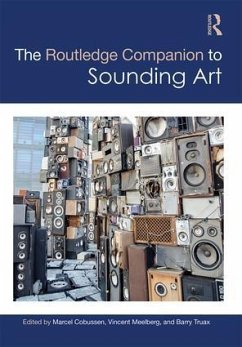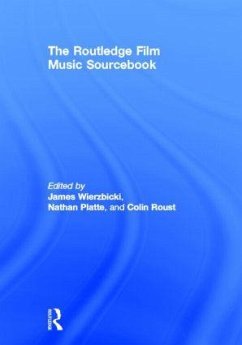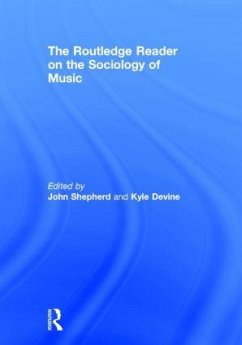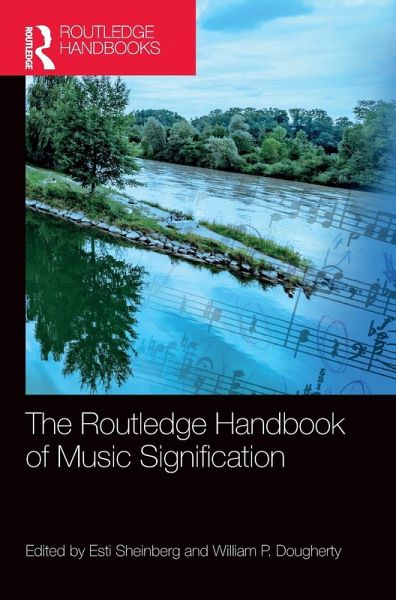
The Routledge Handbook of Music Signification
Versandkostenfrei!
Versandfertig in 1-2 Wochen
260,99 €
inkl. MwSt.

PAYBACK Punkte
130 °P sammeln!
The Routledge Handbook of Music Signification captures the richness and complexity of the field, presenting 30 essays by recognized international experts that reflect current interdisciplinary and cross-disciplinary approaches to the subject. Examinations of music signification have been an essential component in thinking about music for millennia, but it is only in the last few decades that music signification has been established as an independent area of study. During this time, the field has grown exponentially, incorporating a vast array of methodologies that seek to ground how music mean...
The Routledge Handbook of Music Signification captures the richness and complexity of the field, presenting 30 essays by recognized international experts that reflect current interdisciplinary and cross-disciplinary approaches to the subject. Examinations of music signification have been an essential component in thinking about music for millennia, but it is only in the last few decades that music signification has been established as an independent area of study. During this time, the field has grown exponentially, incorporating a vast array of methodologies that seek to ground how music means and to explore what it may mean. Research in music signification typically embraces concepts and practices imported from semiotics, literary criticism, linguistics, the visual arts, philosophy, sociology, history, and psychology, among others. By bringing together such approaches in transparent groupings that reflect the various contexts in which music is created and experienced, and by encouraging critical dialogues, this volume provides an authoritative survey of the discipline and a significant advance in inquiries into music signification. This book addresses a wide array of readers, from scholars who specialize in this and related areas, to the general reader who is curious to learn more about the ways in which music makes sense.






